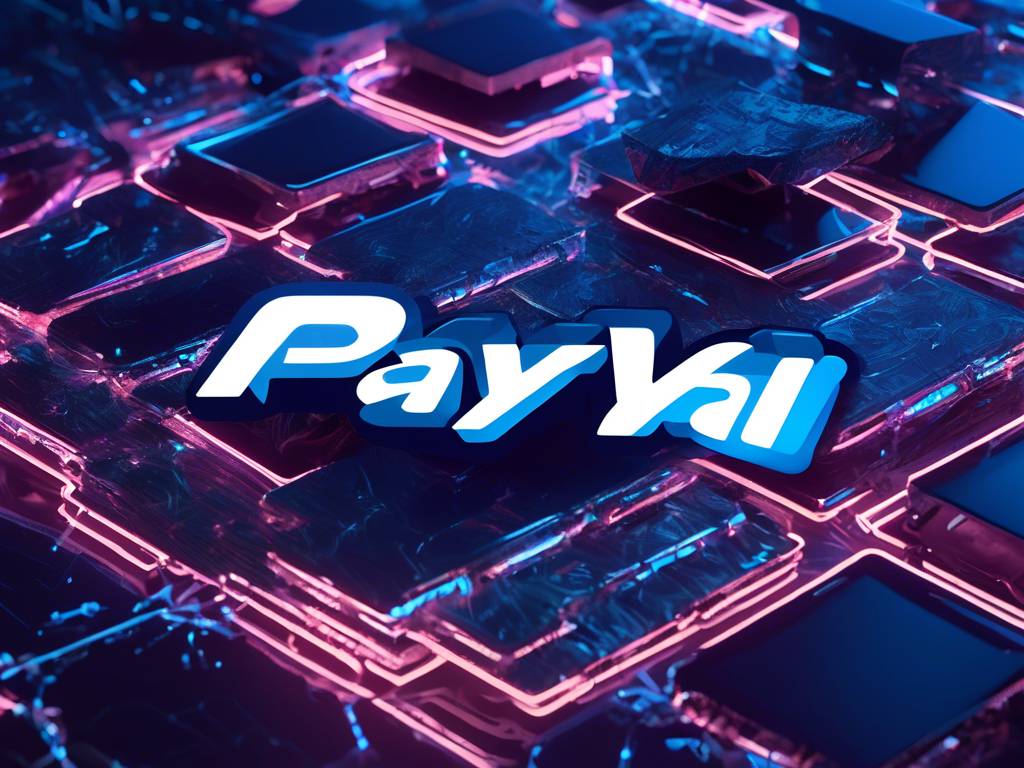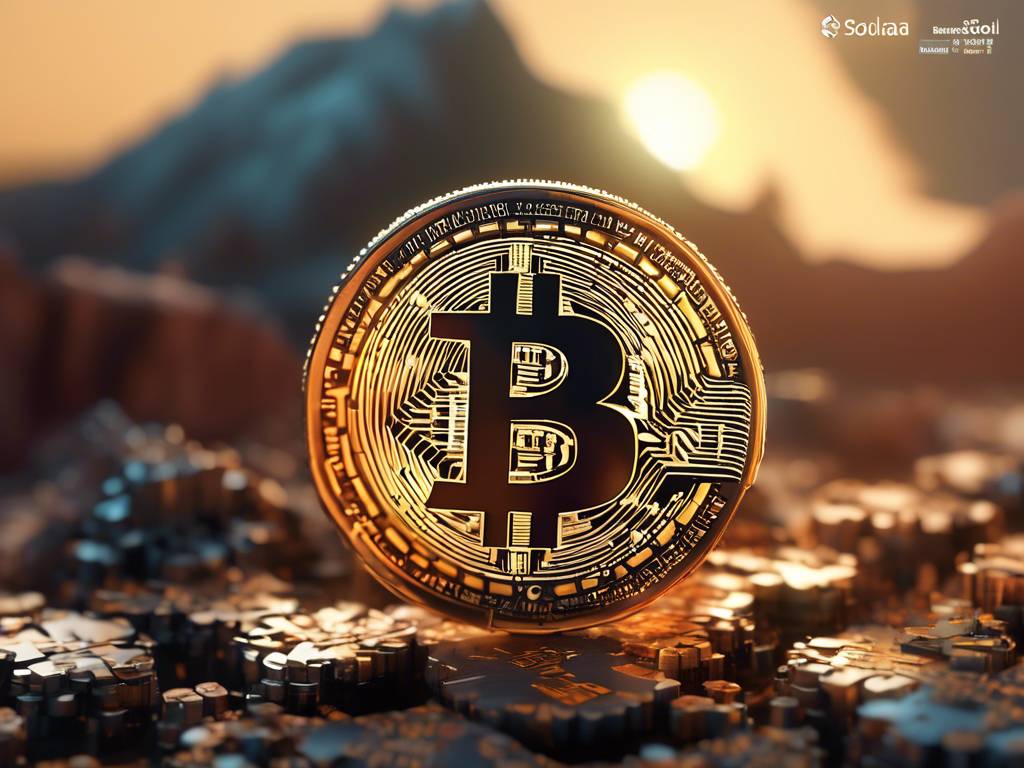The Evolution of PayPal’s NFT Policy 🔄🔒
PayPal is making changes to its policies regarding non-fungible tokens (NFTs), affecting both buyers and sellers in the evolving digital asset landscape. The financial services giant recently updated its terms of service, signaling a shift in its approach to NFT transactions.
Key Changes in PayPal’s NFT Policy 📉📈
- As of May 20, NFT purchases will no longer be covered by PayPal’s buyer protection policy.
- NFT sales exceeding $10,000 will no longer be guaranteed against false claims, chargebacks, or other potential scams.
- These changes were initially announced on March 21 but have largely gone unnoticed until now.
Revised Buyer Protection Program 🔄
- Effective May 20, 2024, PayPal’s Purchase Protection Program will exclude NFTs from eligibility.
Revised Seller Protection Program 🔄
- Transactions involving NFTs over $10,000 will not be covered by PayPal’s Seller Protection Program.
- Transactions below $10,000 may still be eligible if the buyer claims it was an Unauthorized Transaction and meets all other requirements.
After these changes, PayPal has not issued any comments or responses to inquiries about the shift in its NFT policies.
Background on PayPal and NFTs 💸🖼️
In the past, PayPal provided buyer and seller protection for NFT transactions, ensuring security for users engaging in the digital asset space. However, with the recent updates, PayPal is scaling back its support for NFT-related activities.
While PayPal has shown an increasing interest in blockchain technology and digital assets, with initiatives like supporting cryptocurrencies on its platform, the company has opted to adjust its stance on NFTs amid a changing landscape.
By evolving its policies, PayPal is adapting to the shifting dynamics of the crypto market and recalibrating its approach to emerging digital assets like NFTs.
Hot Take: PayPal’s Shift in NFT Policies 🔥🔄
PayPal’s decision to amend its policies surrounding NFT transactions reflects a broader trend in the financial industry – a gradual acceptance and adaptation to the growing influence of digital assets. As the NFT market continues to expand and evolve, traditional financial institutions like PayPal are reevaluating their strategies to align with the changing landscape of the digital economy.





 By
By
 By
By
 By
By

 By
By
 By
By